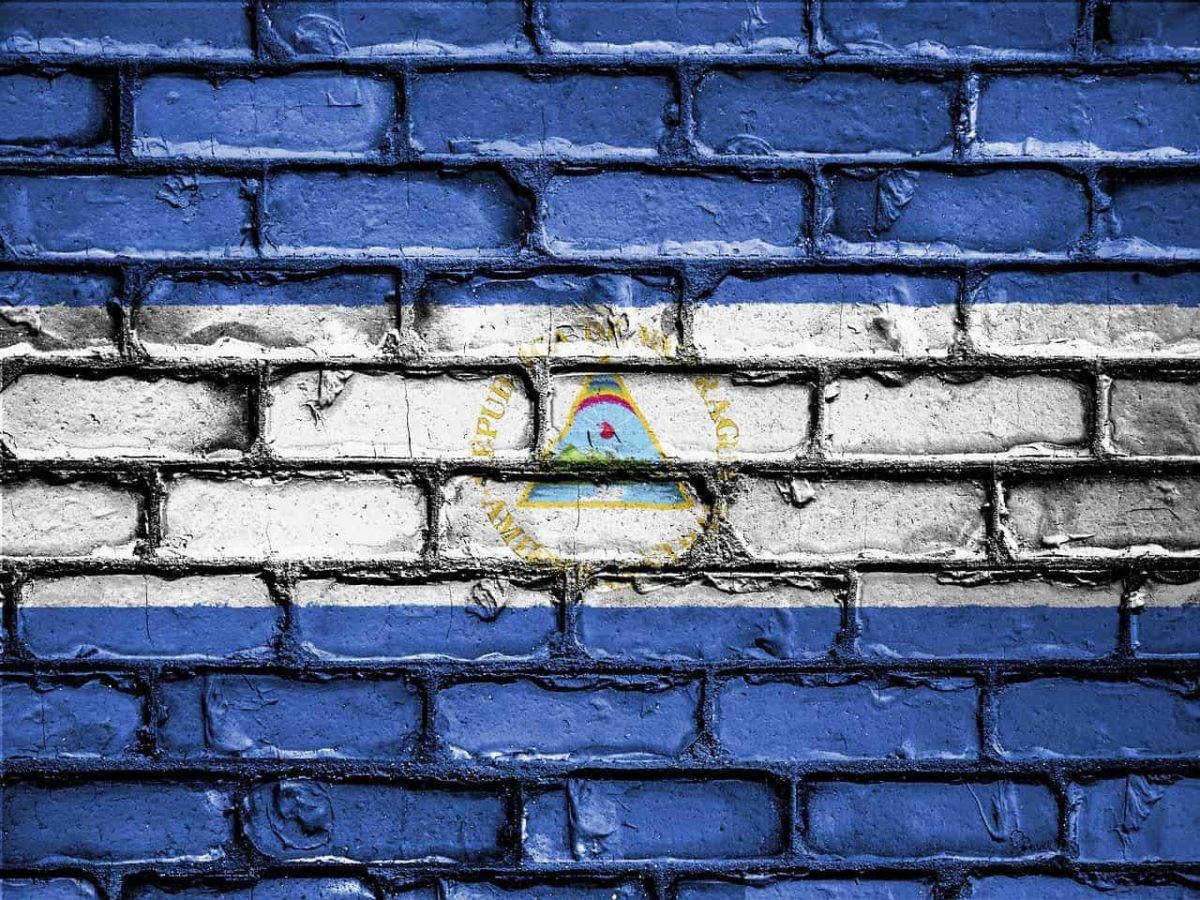“I’m looking for oxygen because I have two sick relatives,” says Francisco Montenegro, one of the hundreds of Nicaraguans who tries to refill an oxygen cylinder in the capital to care for a loved one with Covid-19, in a country that has never quarantined due to the pandemic.
“Unfortunately we are in a situation in the country where you do not even know where you can get the contagion,” lamented Montenegro, who attributes the outbreak to “crowds of people.”
“In the streets, on the buses, wherever there are many people who do not wear masks,” he said.
Oxygen tanks, which have been in short supply in the country for weeks, are bought, rented and refilled in private centers by people who, according to their economic capacity, treat their patients at home. Long lines of cars are formed in the sales centers.
According to the government of Daniel Ortega, Covid-19 hasn’t caused a collapse in public hospitals, but his opponents claim otherwise.
‘Pandemic terrorism’
Like some of its Central American neighbors, Nicaragua is experiencing a rebound in Covid-19 infections.
But, unlike other nations in the region, Nicaragua never established quarantines to contain the virus. On the contrary, it has promoted recreational activities that pushed thousands, especially young people, to relax and go out to parties.
President Daniel Ortega argues that if Nicaragua, a country of 6.5 million inhabitants, “stops working (…) it will starve.” According to the Central Bank, just over 1 million citizens depend on informal work to survive.
The Ministry of Health records to date 13,206 cases and 201 deaths since the pandemic began. It recognizes in recent weeks an increase in infections.
But, for the network of independent doctors Observatorio Ciudadano, there are at least 25,150 suspected cases, of which more than 4,500 ended in deaths with symptoms associated with Covid-19. The government has opposed these figures and accuses this organization of promoting “pandemic terrorism.”
Wait for a miracle
Some, like the driver Julio Larios, who lives in the western city of León, traveled 180 km by car to the capital to acquire oxygen, but after standing in a long line he was informed they had run out.
“It’s time to stand in line and wait for a miracle today, for another tank to come to see if we can supply that tank,” he said.
Tania was also unlucky. “I’m looking for oxygen for my sister, she is improving, but she needs oxygen and we are all here, fighting,” she told AFP.
Despite the discretion with which the authorities handle the pandemic, information on the sick and dead from Covid flows on social networks, through family, friends or neighbors. Most everyone knows someone who died of the pandemic or is in serious condition at home or in the hospital.
The cases have “risen (…), the situation is very critical and very delicate, I don’t know, then, if they want to minimize it. But yes, it is very ugly here,” said Erika — who preferred not to give her last name — in one of the oxygen sales lines. She said she lost two family members to the virus.
The Catholic Church has said at least 16 priests have died from the virus, most this year.
No official data
On Wednesday, PAHO urged Nicaragua to avoid crowds and although it pointed out that it lacks official data to allow an adequate analysis, there are other sources that show that there is a high occupancy of health services, particularly hospitals.
“There are also reports of high transmission, that is, an increase in the number of cases and also an increase in children and adolescents, both in hospitalizations, reports of suspected and confirmed cases and also deaths,” said the director of Health Emergencies of the OPS, Ciro Ugarte.
Faced with the spike in infections, health authorities have redoubled calls on citizens to “respect the prevention measures” and go to hospitals in case of symptoms.
It also accelerated the vaccination process, which until August had covered only 523,000 Nicaraguans. By October, the government hopes to immunize 32% of the population over 30 with doses of AstraZeneca and Sputnik V.
Meanwhile, health brigades visit homes in neighborhoods and communities to detect suspected cases.
Doctors from the Citizen Observatory, for their part, have urged citizens to carry out a “voluntary quarantine” to contain “the pandemic peak,” avoid the “collapse of hospitals” and save lives.






